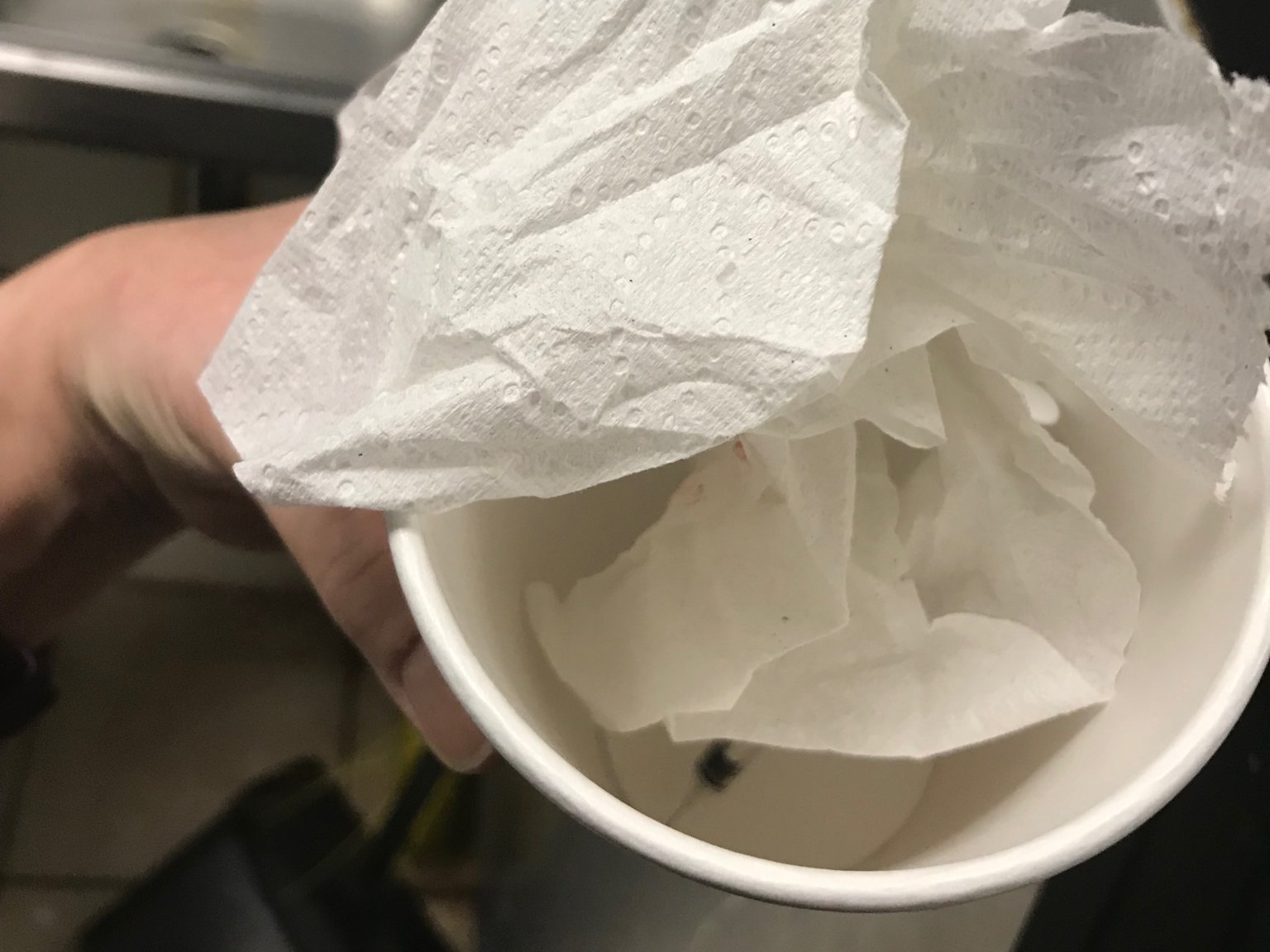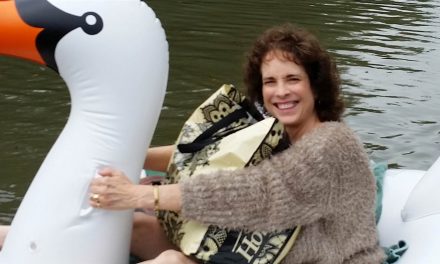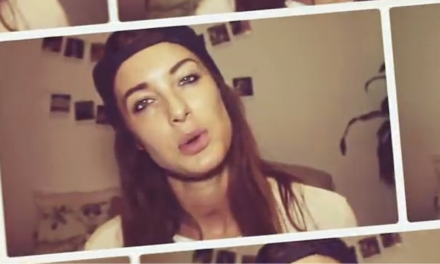(An uncapped needle that a Starbucks worker said she found in the trash in December 2018. Photo Credit: Starbucks employee)
Due to an increase in Starbucks employees finding blood and syringes in store bathrooms, the company will now install boxes for safe disposal at certain locations. This is an incredibly serious matter.
“The coffee giant is exploring remedies after employees expressed fears about being pricked by uncapped needles and experiencing related health risks. Starbucks is testing solutions, including installing sharps-disposal boxes, using heavier-duty trash bags to prevent needle pokes, and removing trash cans from certain bathrooms.
As of Wednesday, more than 3,700 people have signed a petition on Coworker.org, calling for Starbucks to place needle-disposal boxes in high-risk bathrooms.”1
Currently, Starbucks trains employees on how to safely deal with hypodermic needles but the company says that if at any point, an employee feels unsafe performing the task, they will not be made to perform the action. And quite frankly, that shouldn’t even be a part of their jobs.
Starbucks representative Reggie Borges said,
“I can’t emphasize enough that if our partners are ever in a position where they don’t feel comfortable completing a task, they are empowered to remove themselves from the situation and alert their manager. As we always do, we are constantly evaluating our processes and listening to partner feedback of ways we can be better.”1
However, in a fast-paced workplace, some employees say policies are sometimes ignored and accidental needle pricks remain a problem; case in point, “in October, three Starbucks employees in Seattle told local news that they encountered hypodermic needles on the job nearly every day. They said they had to take antiviral medications to protect themselves from HIV and hepatitis.”2
This should not be happening. Perhaps Starbucks should have gone back to bathrooms for customers only, or even requiring customers to have to have a key, however, they chose to go to the sharps boxes route (containers that allow people to safely discard needles, syringes, and lancets, rather than place those items in the trash).
But it’s not just Starbucks:
“In a study led by Brett Wolfson-Stofko for New York University’s Center for Drug Use and HIV Research, 58% of the 86 New York City business managers surveyed said they had encountered drug use in their businesses’ bathrooms. Another Center for Drug Use and HIV Research study of 15 service-industry workers found that a significant majority had encountered drug use, syringes, or both in bathrooms while on the job.
According to Wolfson-Stofko, installing sharps containers is one of the first things that businesses can do to keep workers safe and help them avoid contact with improperly discarded syringes. Wolfson-Stofko also suggested that companies can support in-store workers by providing training on how to deal with overdosing customers and supporting the installation of supervised injection facilities in their community.”3
When Starbucks decided back in May to open up their bathrooms to everyone, it left itself open to issues like this. And according to one manager, workers have even been forced to close down a location’s restroom- a number of times- after finding drugs, needles, or blood.
Does knowing this make you rethink using a Starbucks bathroom? Would you rethink giving Starbucks your money if you knew that they had gotten into bed with the evil company Nestle, in 2018:
“The biggest food company in the world just signed on for a big chunk of the biggest name in coffee: Nestle will soon control nearly all of Starbucks’ retail operation, from the bags on grocery store shelves to what gets made into a K-cup, according to a deal announced yesterday. Nestle’s control of Starbucks’ retail arm cost $7.15 billion, and the coffee brand will continue to receive payouts for supplying the beans and licensing its name. Pending regulatory approval, Nestle plans to use its distribution might to push bags of Starbucks coffee into even more markets worldwide.
The release confirms that Starbucks Nespresso pods, for use in the brand’s push-button espresso machines, are on the way. In addition to Starbucks, the deal gives Nestle control of the retail lines for Seattle’s Best Coffee, Starbucks Reserve, Teavana, Starbucks VIA (instant coffee), and Torrefazione Italia packaged coffee and tea globally. Starbucks’ ready-to-drink line, which includes its popular bottled Frappuccinos, is not part of this deal; those products are produced and sold in partnership with Pepsi.”4
Maybe the real reason no one should go to Starbucks is that they are owned by Nestle, not because their bathrooms might have dirty needles!
SOURCE:












